April 12, 2024
Five Ways Illegal Wildlife Trade Endangers Our Oceans
BY: Leard Corinne
Illegal wildlife trade threatens thousands of species, including mammals, birds, fish, and even plants. These species are harvested and sold for a variety of purposes — food, traditional medicine, ornamental plants, and exotic pets, to name a few.
The impact of illegal wildlife trade reaches as far as the oceans, where marine animals and their ecosystems face increasing risk. Here are five ways wildlife trade endangers our oceans.
Endangering Species
Marine species draw high demand in the illegal wildlife trade. Sharks and rays are hunted relentlessly for their fins, the key ingredient in shark fin soup, a traditional Chinese delicacy. Seahorses are heavily traded both for use in traditional medicine and as exotic pets for aquariums. Sea turtles are targeted for their meat, eggs, and shells. No matter the reason, creatures are being captured and taken from the oceans in large, unsustainable numbers that put their future at risk.
Ecological Impacts
Removing key species from ocean ecosystems has far-reaching ecological impacts. For example, the loss of predators like sharks can lead to imbalances in marine food webs, affecting the health of coral reefs and other ecosystems.
Disease Transmission
Wildlife trade can also facilitate the spread of diseases among species. When animals are captured and transported to different places, this can introduce pathogens to new environments, leading to outbreaks with potentially devastating consequences.
Habitat Destruction
The methods that illegal wildlife traffickers use to capture species from the oceans — such as destructive fishing practices— can leave long-lasting impacts on marine habitats. When they removes animals critical to the ecosystem, like coral, this impacts other species and further threatens marine biodiversity.
Impact for Local Communities
The consequences of wildlife trade extend beyond ecological concerns. Coastal communities and artisanal fishers who depend on healthy fisheries for their food or livelihoods are directly impacted by the overexploitation of ocean plants and animals.
The fight against illegal wildlife trade continues. Oceana campaigns to protect ocean species from illegal trafficking by working with local communities, governments, and other allies — and together, we’re making change.
Not over yet
In 2022, following campaigning by Oceana and others, Peru became the first South American country to declare illegal wildlife trafficking as a form of organized crime, giving Peruvian authorities more legal tools to enforce the law and penalize those operating criminal networks. Later that year, after more than a decade of campaigning by Oceana and our allies, the United States Congress passed a law to ban the buying and selling of shark fins, officially removing the U.S. from the unsustainable global shark fin trade, where fins from as many as 73 million sharks end up each year. Oceana continues partnering with communities to protect marine species around the world and ensure the health and sustainability of our oceans for future generations.



